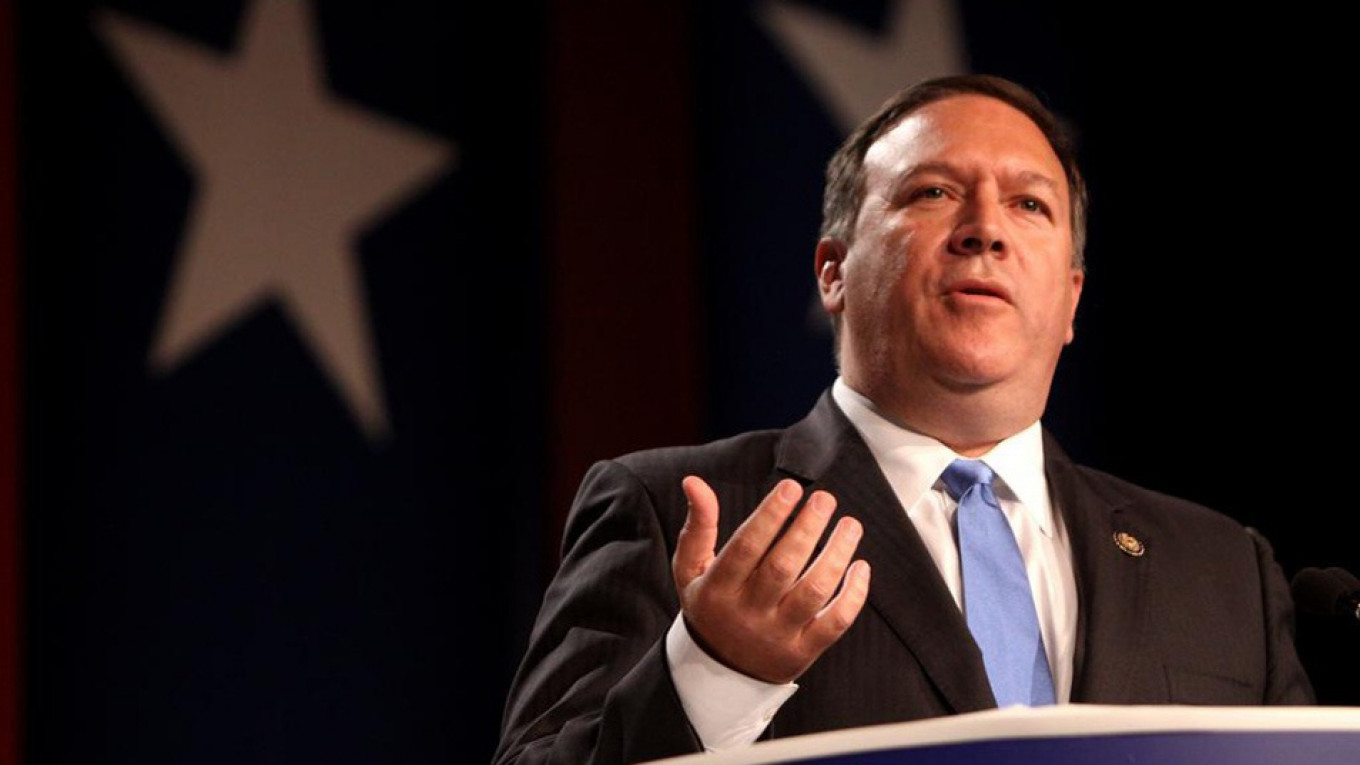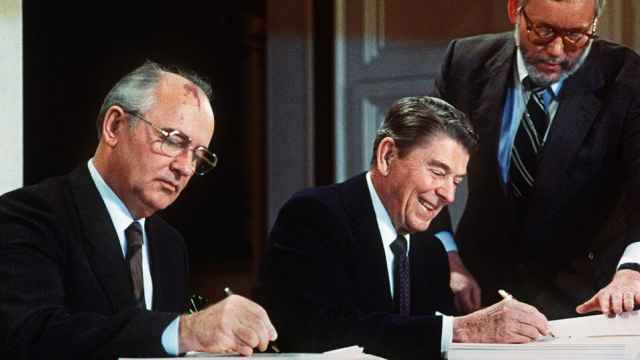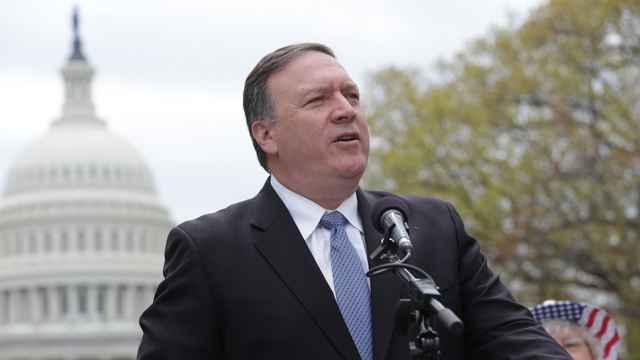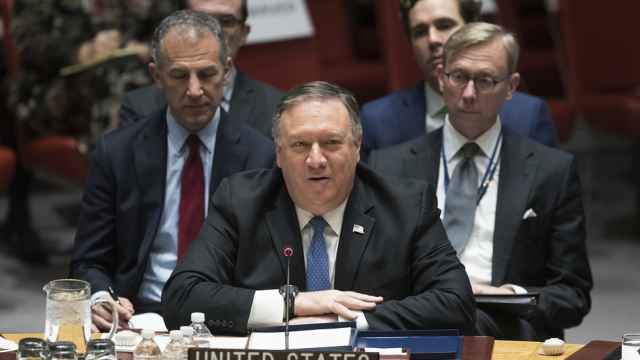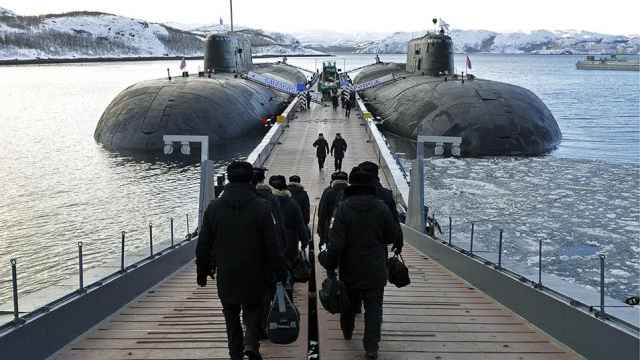The United States delivered Russia a 60-day ultimatum on Tuesday to come clean about what Washington says is a violation of an arms control treaty that keeps missiles out of Europe.
NATO allies led by Germany pressed U.S. Secretary of State Mike Pompeo at a meeting in Brussels to give diplomacy one last chance before Washington pulls out of the 1987 Intermediate-range Nuclear Forces Treaty, fearing a new arms race in Europe.
In turn, NATO foreign ministers agreed to formally declare Russia in "material breach" of the INF treaty in a statement in support of the United States.
Russia denies undertaking any such development of land-based, intermediate-range Cruise missile capable of carrying nuclear warheads and hitting European cities at short notice.
While NATO Secretary General Jens Stoltenberg said there would now be an intense diplomatic push to try to convince Russia to give up what Pompeo said were "multiple battalions of the SSC-8 missiles," Washington is set to pull out in February.
"Its range makes it a direct menace to Europe," Pompeo said of the missiles, which also are called Novator 9M729, after a meeting with his NATO counterparts. He added that Russia's actions "greatly undermine America's national security and that of our allies,"
Pompeo said the U.S. government had raised the issue at least 30 times since 2013 with Moscow but had faced what he said were denials and counter-actions.
"In the light of these facts, the United States declares Russia in material breach of the treaty and will suspend our obligations... effective in 60 days unless Russia returns to full and verifiable compliance," Pompeo said.
He has signaled that Washington will be forced to restore the military balance in Europe after that period but declined to give more details, saying only that tests and deployments of new missiles were on hold until then.
Germany, the Netherlands and Belgium are concerned about the deployment of U.S. missiles in Europe, as happened in the 1980s.
The INF treaty, negotiated by then-President Ronald Reagan and Soviet leader Mikhail Gorbachev and ratified by the U.S. Senate, eliminated the medium-range missile arsenals of the world's two biggest nuclear powers and reduced their ability to launch a nuclear strike at short notice.
U.S. Cruise and Pershing missiles deployed in Britain and West Germany were removed as a result of the treaty, while the Soviet Union pulled back its SS-20s out of European range.
A Message from The Moscow Times:
Dear readers,
We are facing unprecedented challenges. Russia's Prosecutor General's Office has designated The Moscow Times as an "undesirable" organization, criminalizing our work and putting our staff at risk of prosecution. This follows our earlier unjust labeling as a "foreign agent."
These actions are direct attempts to silence independent journalism in Russia. The authorities claim our work "discredits the decisions of the Russian leadership." We see things differently: we strive to provide accurate, unbiased reporting on Russia.
We, the journalists of The Moscow Times, refuse to be silenced. But to continue our work, we need your help.
Your support, no matter how small, makes a world of difference. If you can, please support us monthly starting from just $2. It's quick to set up, and every contribution makes a significant impact.
By supporting The Moscow Times, you're defending open, independent journalism in the face of repression. Thank you for standing with us.
Remind me later.


